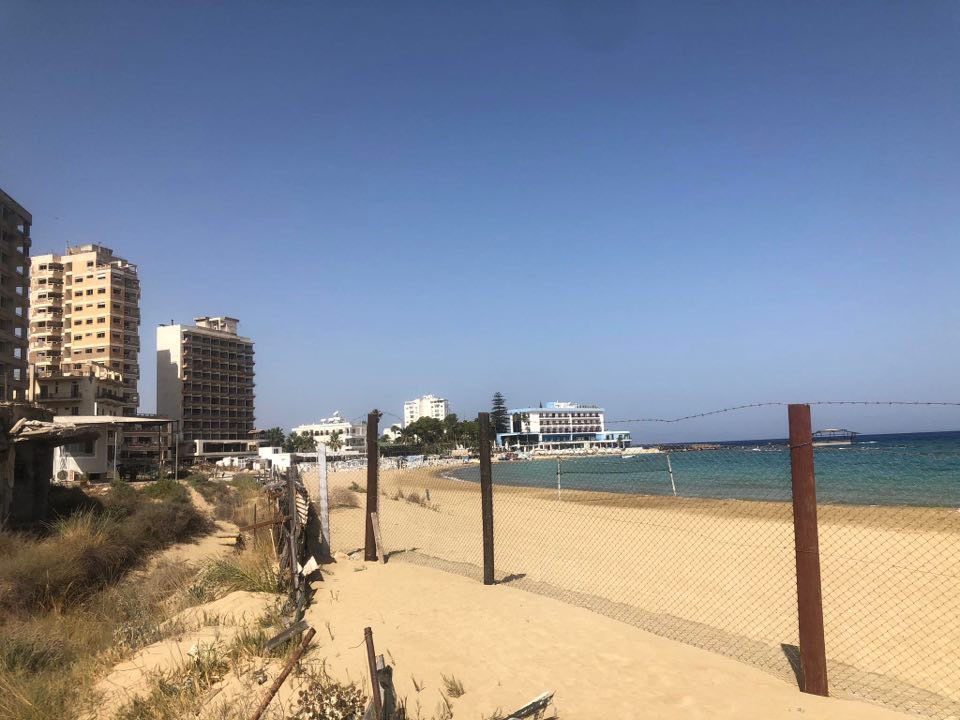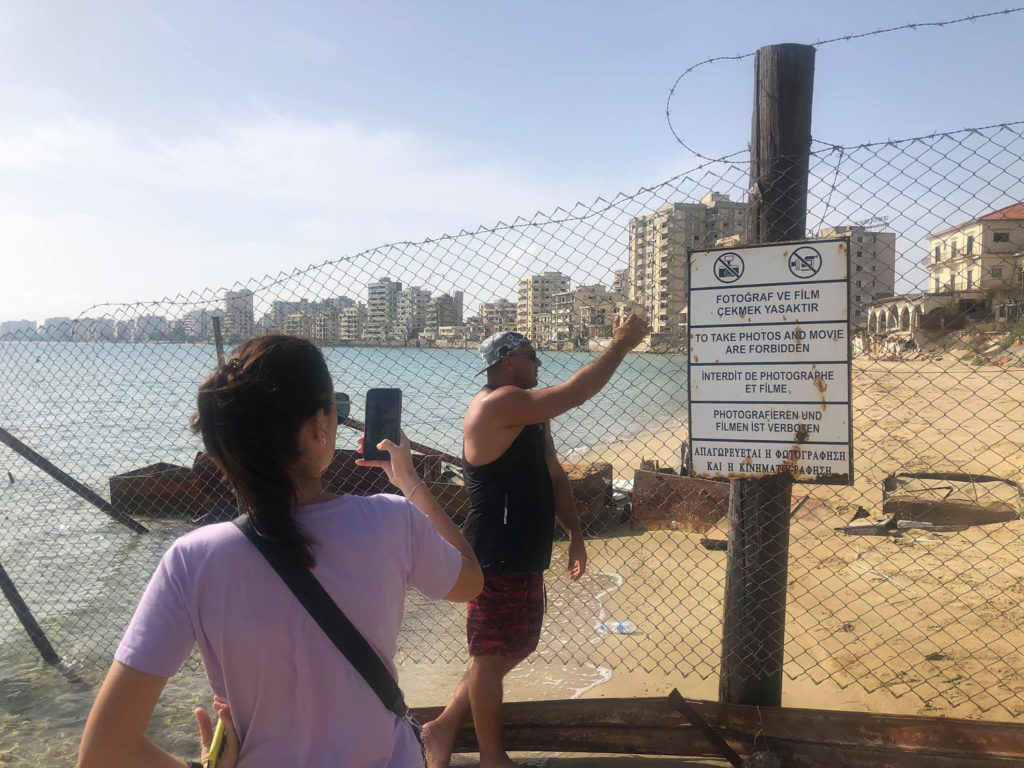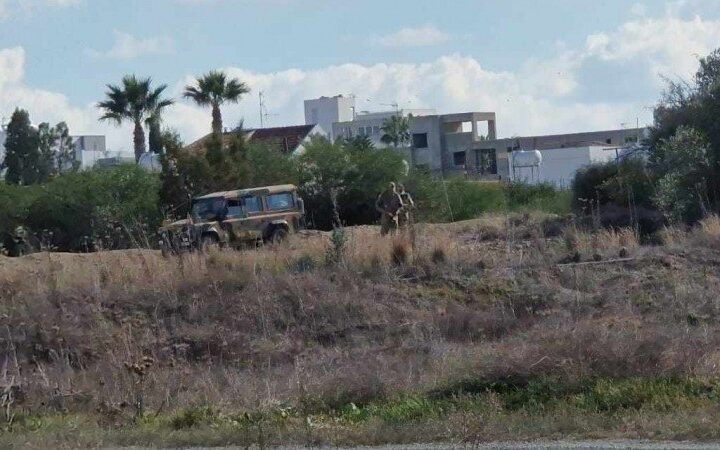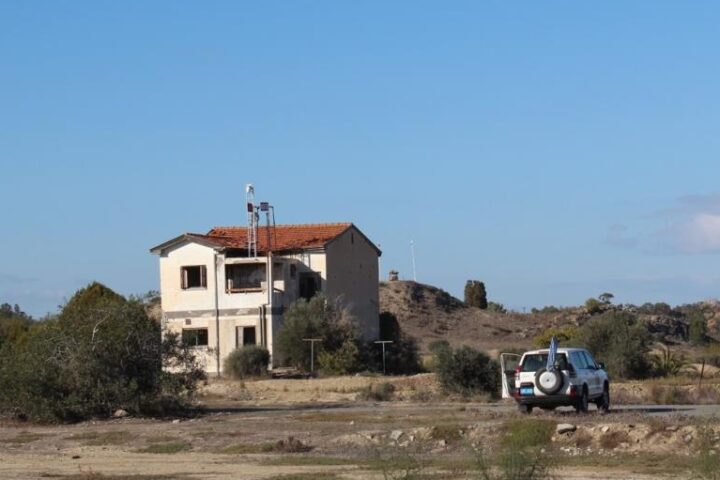Authorities in the Turkish occupied north of Cyprus opened part of fenced-off Varosha’s beachfront to visitors for the first time in 46 years, making good on its threat while Nicosia slammed the illegal move.
In a written statement, President Nicos Anastasiades said: “I consider the decision by Turkey and the occupation regime…an illegal act and a flagrant violation of international law and resolutions of the UN Security Council 550 (1984) and 789 (1992).
According to reports, authorities have placed a gate leading to the fenced-off beachfront while the head of the ruling coalition Ersin Tatar, bidding to be the next Turkish Cypriot leader, planned to visit the area later Thursday.
But reports said the visit has been cancelled as the electoral authority in the north slapped a ban on public speeches from candidates ahead of Sunday’s vote.
Live video footage broadcast by Turkish Cypriot media outlet YeniDuzen showed people walking along the town’s street within the fenced area.
Visitors are allowed access between 9 am and 5 pm while for the first time since 1974 they can take photos of the abandoned town.
It is believed that entrance is allowed only to Turkish Cypriots and Turkish nationals.
Authorities have warned visitors to stay away from buildings as they are in danger of collapse.
Turkey President Recep Tayyip Erdogan and Tatar had announced in Ankara the opening of the beach area of Varosha earlier on Monday.
The opening part of fenced-off Varosha, often described as a ‘ghost town’, has been widely seen by Turkish Cypriots as Tatar’s bid to win the election.
Reacting to the opening of Varosha, Nicosia has said that it “will not remain inactive”.
Anastasiades said Cyprus “has denounced these violations to the Security Council and its five Permanent Members, to the UN Secretary-General and Heads of EU Institutions”.
He will raise the Varosha issue at the next European Council meeting.
The north has opened up about 1.5 km of beachfront to the public and not the approximately 6 square km inland that includes abandoned hotels and residences which its population of some 40,000 people fled in 1974 during the Turkish invasion.
Varosha was once famous for its coastline of thick golden sand, which consists of the majority the town’s coastline.
Currently, just about 200 meters of the coastline is accessible to the public in the shadows of bombed hotels and buildings, which were left to rot after 1974 as the Varosha resort was sealed off with barbed wire which extends into the sea.
UN Security Council resolution 550 considers any attempts to settle any part of Varosha by people other than its (Greek Cypriot) inhabitants as inadmissible and calls for the transfer of this area to UN administration.











